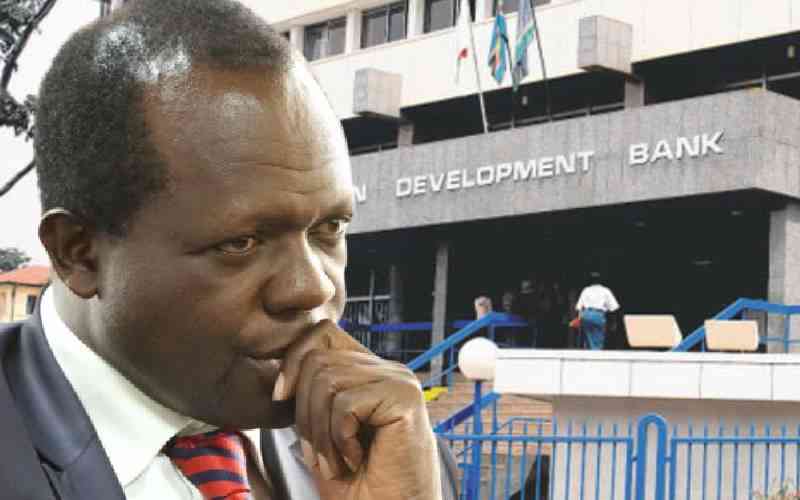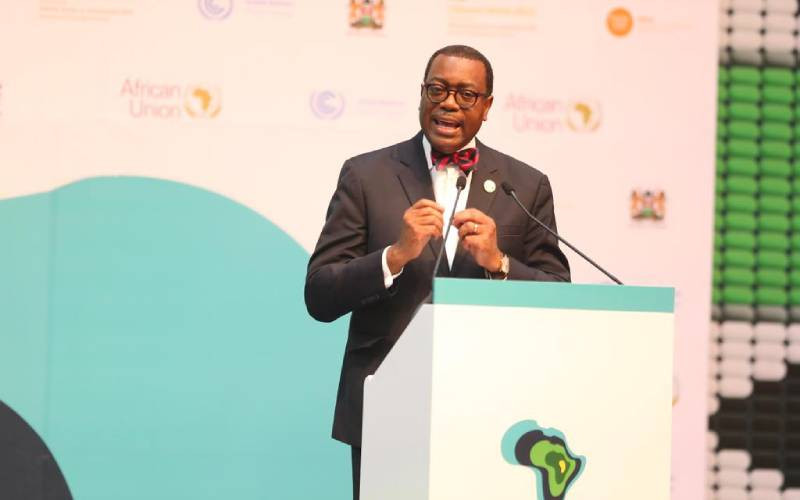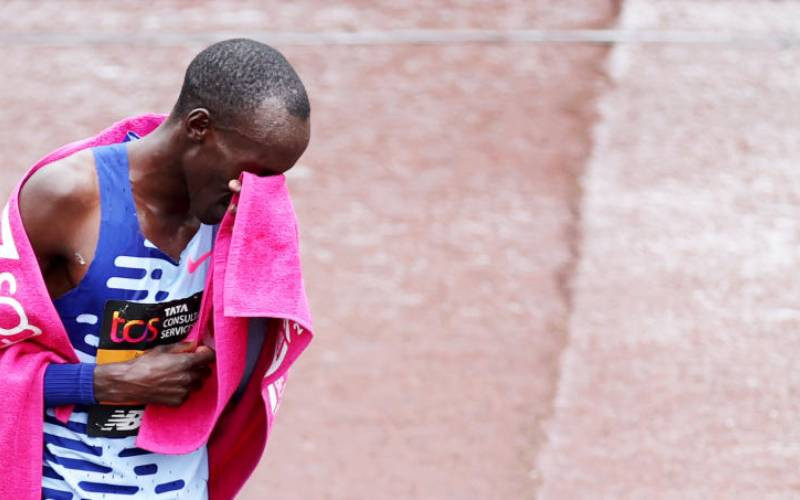The head of the African Development Bank (AfDB) says the continent is not getting enough of the billions of dollars in climate change funding, despite being the region that suffers most.
With clutch climate talks approaching in December, world leaders are scrambling to come up with pledges toward the target of $100 billion (Sh10.3 trillion) a year by 2020 to fight global warming — a make-or-break promise in the arduous negotiations to reach a comprehensive deal on cutting carbon emissions.
But the development bank’s president, Akinwumi Adesina, said the world needs to rethink how it spends that money.
“Africa today contributes just two per cent of all greenhouse gas emissions, but Africa is the one that suffers most from the impact of climate change,” he told AFP on the sidelines of the International Monetary Fund and World Bank annual meetings in Lima, Peru.
The talks marked the 55-year-old Nigerian’s first major world event since taking up his post in September.
“We need to look at how we’re dividing up (climate funding) to make sure the financing levels are high enough,” said Adesina, a former agriculture minister who was named Forbes magazine’s “African of the Year” in 2013.
GLOBAL TEMPERATURES
Africa, he said, is not getting its fair share of climate funds — which last year stood around $62 billion (Sh6.4 trillion)from governments, multilateral institutions and the private sector, according to a recent study.
The problem, he said, is the way climate funding is allocated.
The money, both loans and grants, goes to fund two kinds of projects: mitigation and adaptation.
Mitigation means cutting carbon emissions. Adaptation means preparing for extreme weather events and natural disasters caused by rising global temperatures.
“What Africa needs is funds for adapting. We have hundreds of millions of people who have no way of adapting to climate change,” said Adesina.
“But unfortunately, on climate finance, today in the world... 76 per cent of financing is dedicated to mitigation. This is an imbalance that needs to be addressed.”
The world’s poorest continent is also its lowest polluter, because it has relatively few of the industries, power plants and vehicles that contribute most to carbon emissions.
— AFP
Stay informed. Subscribe to our newsletter
 The Standard Group Plc is a
multi-media organization with investments in media platforms spanning newspaper
print operations, television, radio broadcasting, digital and online services. The
Standard Group is recognized as a leading multi-media house in Kenya with a key
influence in matters of national and international interest.
The Standard Group Plc is a
multi-media organization with investments in media platforms spanning newspaper
print operations, television, radio broadcasting, digital and online services. The
Standard Group is recognized as a leading multi-media house in Kenya with a key
influence in matters of national and international interest.
 The Standard Group Plc is a
multi-media organization with investments in media platforms spanning newspaper
print operations, television, radio broadcasting, digital and online services. The
Standard Group is recognized as a leading multi-media house in Kenya with a key
influence in matters of national and international interest.
The Standard Group Plc is a
multi-media organization with investments in media platforms spanning newspaper
print operations, television, radio broadcasting, digital and online services. The
Standard Group is recognized as a leading multi-media house in Kenya with a key
influence in matters of national and international interest.







